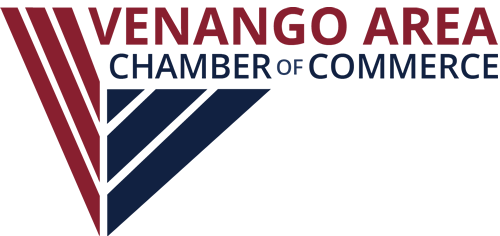
Recognizing the extreme challenges faced by small businesses, Pennsylvania families, and educational institutions as a result of the ongoing pandemic, the state House approved a comprehensive COVID-19 relief package that was signed into law.
Act 1 allocates $145 million in grants for the hard-hit restaurant and hospitality industry. It will be awarded in $5,000 increments with a maximum of $50,000 per applicant. The Dept. of Community and Economic Development was required to allocate the amount available to each county based on 2019 Census data by Feb. 28. By March 1, each county was required to contract with a Certified Economic Development Organization (CEDO) or Community Development Financial Institution (CFDI) to award grants.
It also includes $570 million for rental and utility assistance. The funding may be used on rent, rent arrears, and utilities (not including telecommunications). Pennsylvania counties will receive the funding, which is proportional to their current population, on March 7. The PA Department of Human Services is responsible for portioning the rent-related funding, but people will apply for the grants through their county.
Finally, the law awards $197 million in federal funding for educational institutions. Of that $197 million, more than $8 million will be allocated to approved private schools, charter schools for the deaf and blind, and private residential rehabilitation institutions. Through a grant process administered by the Department of Education, $150 million will be allocated to nonpublic schools; $20 million will be allocated to career and technical schools; $14 million will go to community colleges; and $5 million will support the PA State System of Higher Education.
The law also protects business owners from being taxed by the state on the funding they receive from the federal Paycheck Protection Program. This will save small businesses an estimated $100 million. Similarly, federal stimulus checks are not taxable under Personal Income Tax provisions.
Small businesses and millions of Pennsylvanians have been impacted by business closures and restrictions for the last year. This relief package will help them keep fighting to stay viable, and I will continue to advocate for people being able to resume business as usual with COVID-19 safety precautions in place.
We must take steps to return to normal before small businesses—the backbone of our economy—are wiped from our communities.
This article was published in the Venango Chamber’s March 2021 VenangoWorks! Newsletter.
